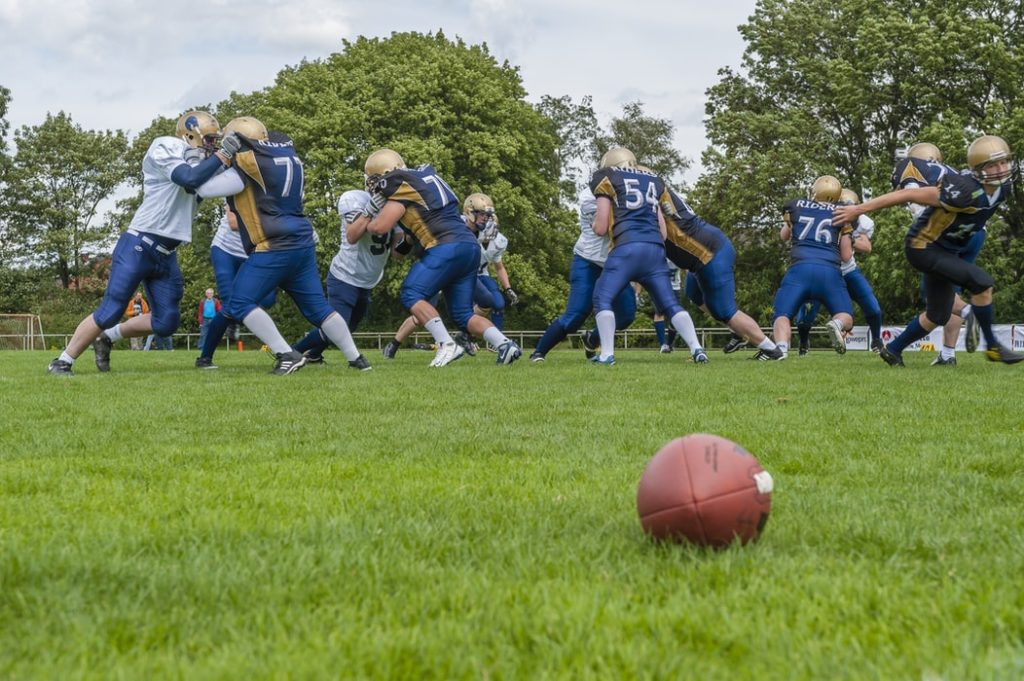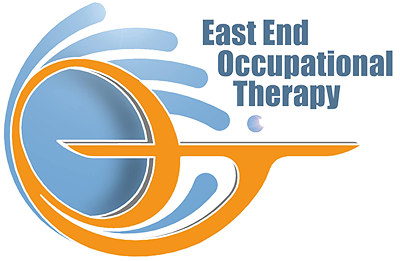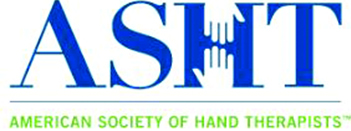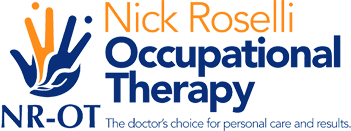What To Know About Focal Dystonia?

What is Focal Dystonia?
Focal Dystonia, also referred to as “the yips,” is a condition that causes involuntary movements in the small muscles in the body. This condition, which is a neurological disorder, can result from overuse and repetitive stresses on the body. This condition is relatively rare but is more commonly associated with professions that use a small subset of muscles, including athletes, musicians, tailors, and other similar jobs. If you have focal Dystonia and are in need of occupational therapy in Oceanside, reach out to us at East End Occupational Therapy and see how we can help you treat this today!
Dystonia is the general term for symptoms that affects movement, and focal Dystonia refers to Dystonia that affects a specific part of the body. The part of the body that the Dystonia is changing determines the type of Dystonia you have. Some types of Dystonia include:
- Focal hand dystonia- dystonia in the hands causes tremors and cramps in hand and causes your fingers to curl inward or expand outward.
- Foot dystonia- faulty signals cause your foot muscles to contract.
- Tardive Dystonia- this Dystonia is generally caused as a side effect of taking certain medications.
- Neck/Cervical dystonia- muscle contractions in the neck, causing your head to move in specific directions, leading to painful or uncomfortable postures.
- Blepharospasm- dystonia around the eye, causing involuntary closing of the eyelids.
There are many other types of Dystonia, affecting different parts of the body and causing other types of muscle complications in those areas.
Symptoms
The symptoms of focal Dystonia vary according to the type of Dystonia you are dealing with. However, all Dystonia causes involuntary movement or spasms of muscles and can include a loss of precision in the affected area and the muscles. These symptoms can develop muscle pain and cramping. Because focal Dystonia is a neurological disorder, there can be secondary effects on the muscle and brain activity in your body. Some symptoms are:
- Mood swings
- Exhaustion
- Sleep pattern issues
- Difficulty concentrating
- Mental stress and short temper
- digestive problems
- blurred vision
If you are suffering from focal Dystonia and are dealing with these symptoms, contact us at East End Occupational Therapy for occupational therapy in Oceanside.
Causes of Focal Dystonia
Focal dystonia results from changes in the way your nerves interact with your brain in a specific part of your body. Most causes of focal Dystonia are from repetitive use or stresses placed in the particular part of your body. However, some cases can be caused by other medical conditions. Some of the conditions include:
- Trauma to the area
- Infections
- Strokes
- Parkinson’s disease
- Secondary effects of medications
In addition to these, environmental and genetic factors may play a role in developing focal Dystonia, however, no specific genes have been found to cause the condition.
Treatment for Focal Dystonia
Focal Dystonia is a neurological disorder that affects the nerves in a specific part of your body. The treatments for this condition involve some medications and physical and occupational therapies. In terms of medications, doctors may use:
- Botox- Botox can help relieve symptoms of muscles spasms and other symptoms
- Anticholinergics- can treat some types of focal Dystonia by blocking the release of certain neurotransmitters.
- Clonazepam- doctors can sometimes prescribe this anti-seizure medication.
Since focal Dystonia affects mobility, posture, balance, and other aspects of a person’s physical ability and tasks, physical and occupational therapy can become an important component of dealing with this condition. These therapies don’t deal with the neurological effect directly but can help treat the symptoms of this condition. These therapies can also help prevent aggravating movements and habits that cause your condition to flare up and help enhance the benefits of other treatments as well. If you are looking for occupational therapy in Oceanside to help you with your focal Dystonia, reach out to us at East End Occupational Therapy and see how we can help you.




